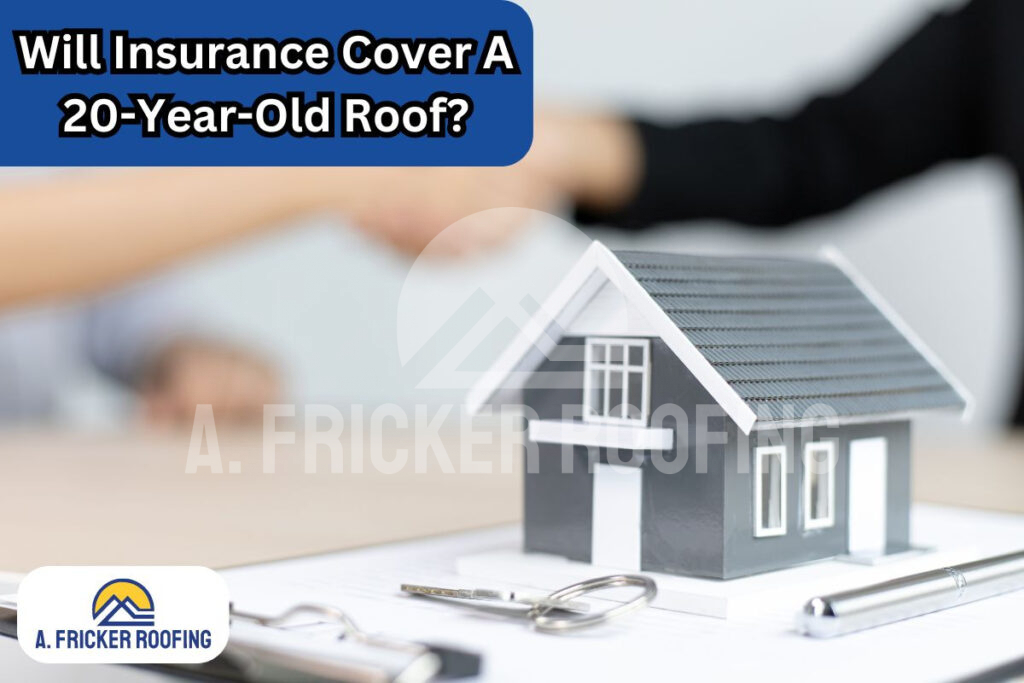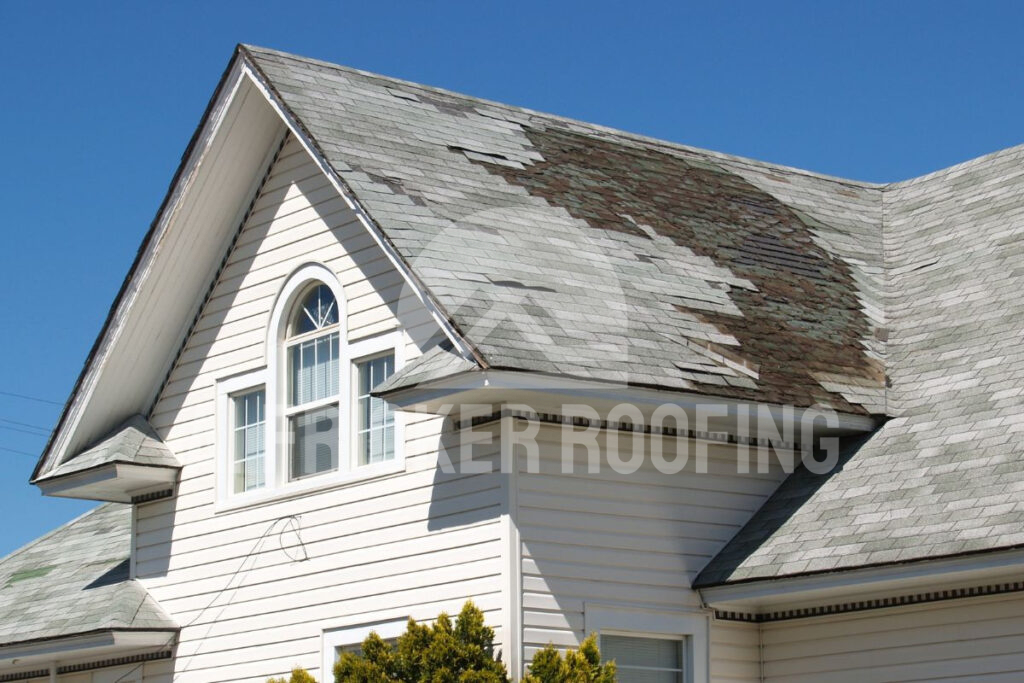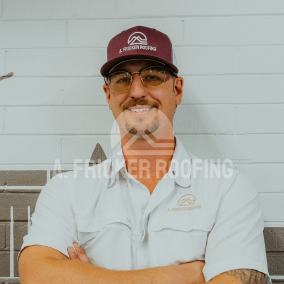
Homeowners often find themselves worried about their roofs, especially as they age. When you move into a new home, the roof is usually already in place, and over time, you might start wondering what will happen as it gets older, especially when it hits the 20-year mark. One big question that comes up at this time is: Will insurance cover a 20-year-old roof?
Let’s get into it.
Why Is The 20-Year Mark Significant?
A roof is a long-term investment that is supposed to protect your home for a long period of time. However, like most things, roofs also have a lifespan and their different materials last for different amounts of time:
- Asphalt Shingles: 15 to 25 years
- Metal Roofs: 40 to 70 years
- Tile Roofs: 50 years or more
As you can see, options like metal and tile have a long lifespan and sustain longer past the 20-year mark. But most of the homes (almost 70% homes in America) have an asphalt shingle roof, which tends to show signs of damage before, or once they reach this age.
How Insurance Companies View Aging Roofs
Insurance companies look at your roof’s age as an indicator of risk. A newer roof is less likely to have problems, so it’s less risky for them to insure. But as a roof gets older, the chances of leaks, damage, or even a full roof failure increase.
Because of this, many insurance companies are cautious about covering older roofs, especially roofs that are beyond 20 years of age. Some may still provide coverage but at a higher premium. Other insurance companies might limit the coverage or even refuse to cover a roof that’s over 20 years old unless it passes an inspection.
Factors That Determine Insurance Coverage For Older Roofs

Whether an insurance company will cover your 20-year-old roof depends on several factors:
Maintenance: If you’ve kept up with regular maintenance and inspections, your insurance company might still offer coverage. They’ll want to see that the roof is in good shape despite its age.
Existing Damage: If your roof has pre-existing damage, your insurance company might reduce coverage or refuse it altogether. They typically won’t cover damage that was there before you took out the policy.
Building Code Compliance: Your roof should meet local building codes. If it doesn’t, you might face issues with coverage.
What To Do If You Have A 20-Year-Old Roof
If your roof is hitting that 20-year mark, here are a few steps you can take:
Schedule an Inspection: Have a professional roofer inspect your roof to check for any issues and to document its condition. This can help when talking to your insurance company.
Maintain Your Roof: Keep up with regular maintenance, like cleaning gutters and fixing minor issues before they become big problems.
Talk to Your Insurance Provider: Contact your insurance company to discuss your roof and find out what coverage options are available. They might offer to insure the roof under certain conditions, or they might recommend you replace it.
Consider a Roof Replacement: Sometimes, replacing the roof can be the best option. Not only does it ensure your home is protected, but it can also make getting insurance coverage easier and possibly lower your premiums.
If you want to explore the types of roofing materials available, check out our blog post on: The Top Roofing Materials In 2024
Alternatives To Full Insurance Coverage For Older Roofs
When a roof reaches 20 years of age, obtaining full coverage through your homeowner’s insurance can become challenging. Insurance companies may offer alternative types of coverage that take into account the age and condition of the roof. Two common alternatives are Actual Cash Value (ACV) and Replacement Cost Value (RCV) policies. Let’s explore more on how to get insurance to pay for a roof replacement.
Actual Cash Value (ACV)
This is a type of insurance coverage that reimburses you for the current value of your roof, factoring in depreciation due to age and wear. Over time, roofs naturally lose value as they age. With ACV, the insurance company calculates how much your roof was worth at the time of the loss, considering its age, condition, and the expected lifespan of the roofing material.
The loss in value tends to be more significant for asphalt shingle roofs, especially if you have 3-tab asphalt shingles.
Because of the depreciation factor, the payout you receive under an ACV policy is usually lower than what it would cost to replace the roof with a new one.
For instance, if your roof originally cost $10,000 to install, and it’s now worth $3,000 due to age, your insurance company would only reimburse you $3,000 minus any deductible if you file a claim. This means that homeowners with ACV policies often need to cover a significant portion of the replacement cost out-of-pocket.
Replacement Cost Value (RCV)
Unlike ACV, RCV policies do not deduct for the age or wear of your roof. The payout is based on the current market cost to replace your roof with similar materials and quality. For example, if your roof needs replacement and the current cost is $12,000, an RCV policy would aim to cover the full $12,000 (minus any deductible), regardless of your roof’s age.
At first glance, you can definitely see that this policy is more favorable to homeowners. RCV policies provide enough funds to replace the roof entirely, but to get this entire fund there are several considerations involved.
Want An Expert Opinion? Trust Tulsa’s Premier Roofers
A 20-year-old roof can be a gray area when it comes to insurance coverage. While some insurance companies may cover it, they’ll likely consider its condition and how well it’s been maintained.
If you are unsure about your roof’s condition or want to go for roof replacement, you can rely on the experts at A. Fricker Roofing and Waterproofing. We are licensed, insured, and highly rated by Tulsa homeowners. Contact us today at (918) 402-7167.



